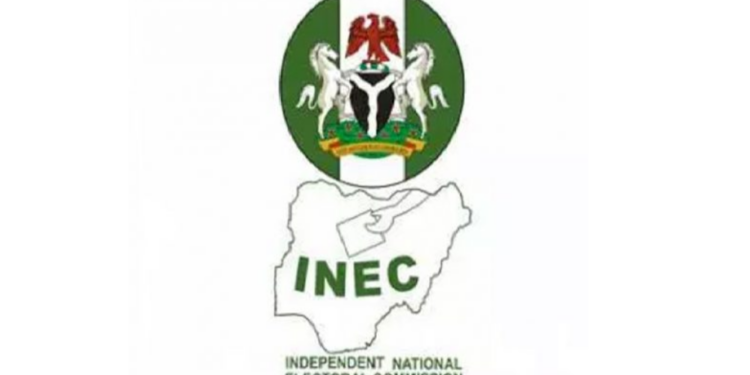The Independent National Electoral Commission (INEC) has reiterated the commission’s commitment to infuse technology in the electoral process amid the coming into force of a new electoral legal framework for the conduct of elections.
This is even as the commission has commenced training for the 1,265,227 personnel engaged to conduct the forthcoming elections.
INEC’s national commissioner, information and voter education committee, Festus Okoye disclosed this on Monday in Lagos at the commission’s voter education and publicity training on strategic communication.
He said there was no doubt that the training was germane given the assurances by the chairman of the commission, Professor Mahmood Yakubu that the commission was poised to organise free, fair, transparent, verifiable, and inclusive elections.
Okoye said it was also important against the backdrop of the coming into force of a new electoral legal framework for the conduct of elections and the commission’s commitment to infuse technology in the electoral process.
He noted that being heads of departments and public affairs officers, it was their responsibility to advise the resident electoral commissioners (REC), and electoral officers on the best way to communicate the policies of the commission, its technological innovations, and issues in the conduct of elections.
Okoye stressed that their role, therefore, was important in getting Nigerians to understand the policies, programs, and procedures of INEC during the 2023 general election and thereafter.
He added that on the 25th of February and 11th of March 2023, Nigerians would elect a President, 109 members of the Senate and 360 members of the House of Representatives, 28 governors, and 993 members of the State Assembly.
Okoye said 93,469,008 registered voters are expected to participate in the election.
His words: “The 2023 general election will be technology driven. To this end, the commission will deploy the Bimodal Voter Accreditation System (BVAS) to the 176,846 Polling units across the Federation. The Commission will also deploy redundancies to the 8,809 Registration Areas and the 774 local government areas of Nigeria. The Commission has tested the full complement of the BVAS that will be used for the election and they are presently being configured in readiness for the election.”
Okoye explained that the use of the BVAS for voter verification and authentication was a mandatory provision of Section 47(2) of the Electoral Act and every registered voter must undergo the process of accreditation.
He stressed that the commission would also upload polling unit level results (Form EC8A) and the accreditation data to the INEC result viewing portal, which he said was also a mandatory provision of sections 50, 60, and 64 of the Electoral Act 2022.
Okoye said “For the 2023 general elections, the commission will recruit 707, 384 presiding officers and assistant presiding officers, about 17, 685 supervisory presiding officers, 9,620 collation/returning officers, as well as 530,538 polling unit security officials, making a total of 1,265,227. All these categories of staff are undergoing training and the training of others will commence in a few days.”
He reiterated that all the sensitive and non-sensitive materials required for the conduct of the 2023 general election are being moved to location, while Security was being beefed up in the state and local government offices of the commission and all the materials required for the election would be in place at least a week to the election.
Okoye added that to perform effectively and optimally as Heads of Departments and Public Affairs Officers whose mandate is to interface between the Commission and the critical stakeholders at the State and Local Governments Levels, there are irreducible minimums that must be met and must be present.
He said some of them have to do with the individual and others are related to the work of the commission.



